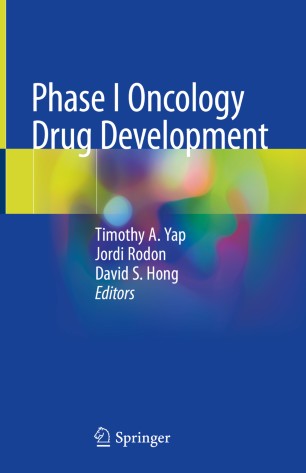

Most ebook files are in PDF format, so you can easily read them using various software such as Foxit Reader or directly on the Google Chrome browser.
Some ebook files are released by publishers in other formats such as .awz, .mobi, .epub, .fb2, etc. You may need to install specific software to read these formats on mobile/PC, such as Calibre.
Please read the tutorial at this link. https://ebooknice.com/page/post?id=faq
We offer FREE conversion to the popular formats you request; however, this may take some time. Therefore, right after payment, please email us, and we will try to provide the service as quickly as possible.
For some exceptional file formats or broken links (if any), please refrain from opening any disputes. Instead, email us first, and we will try to assist within a maximum of 6 hours.
EbookNice Team

Status:
Available4.6
19 reviewsThis book provides a detailed review of how oncology drug development has changed over the past decade, and serves as a comprehensive guide for the practicalities in setting up phase I trials. The book covers strategies to accelerate the development of novel antitumor compounds from the laboratory to clinical trials and beyond through the use of innovative mechanism-of-action pharmacodynamic biomarkers and pharmacokinetic studies.
The reader will learn about all aspects of modern phase I trial designs, including the incorporation of precision medicine strategies, and approaches for rational patient allocation to novel anticancer therapies. Circulating biomarkers to assess mechanisms of response and resistance are changing the way we are assessing patient selection and are also covered in this book. The development of the different classes of antitumor agents are discussed, including chemotherapy, molecularly targeted agents, immunotherapies and also radiotherapy. The authors also discuss the lessons that the oncology field has learnt from the development of hematology-oncology drugs and how such strategies can be carried over into therapies for solid tumors. There is a dedicated chapter that covers the specialized statistical approaches necessary for phase I trial designs, including novel Bayesian strategies for dose escalation.
This volume is designed to help clinicians better understand phase I clinical trials, but would also be of use to translational researchers (MDs and PhDs), and drug developers from academia and industry interested in cancer drug development. It could also be of use to phase I trial study coordinators, oncology nurses and advanced practice providers. Other health professionals interested in the treatment of cancer will also find this book of great value.